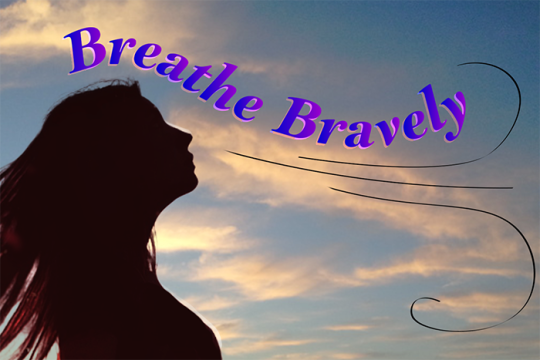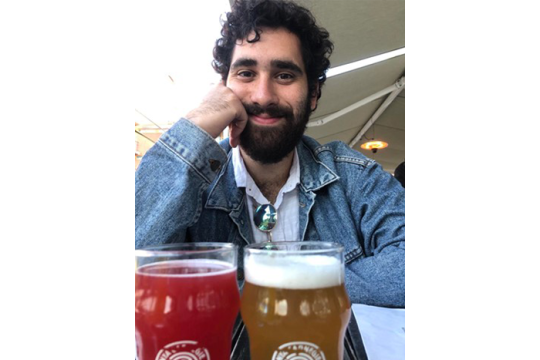
In his best-selling book, The Road to Character, David Brooks posits that we live our lives by two different sets of virtues: "resume virtues" and "eulogy virtues." "Resume virtues," he writes, "are the ones you list on your resume, the skills that you bring to the job market and that contribute to [your] external success." Eulogy virtues are "the virtues that get talked about at your funeral, the ones that exist at the core of your being - whether you are kind, brave, honest or faithful; what kind of relationships you formed." Brooks contends that although "most of us would say that the eulogy virtues are more important than the resume virtues, we live in a world which celebrates the resume virtues, even at the expense of developing and deepening our eulogy virtues."
Mussar represents what I have come to call "the Jewish Road to Character," a Jewish path of study and spiritual practice focused on building the soul traits or the virtues that are at the core of our being. The term Mussar (מוּסַר) is derived from a biblical verse which speaks of the search for wisdom and knowledge. The word has come to describe moral conduct, instruction, and spiritual discipline. It includes a body of literature and offers a way of looking at ourselves and the world, and how we engage with the world and with others.
Mussar teaches that every human being is equipped with inner traits, known in Hebrew as middot. These include humility, honor, patience, gratitude, order, anger, lovingkindness -- the list is quite lengthy. Through the study and practice of Mussar, one focuses on their individual soul traits and works to find balance between the extremes along any spectrum.
For example, humility (Hebrew: anavah) runs between the extreme of arrogance, which is a lack of humility, and the opposite extreme of low self-esteem, or what might be viewed as too much humility. The ideal is somewhere around what I like to call "the broad middle." As we are ever-changing beings living in an ever-changing world, Mussar assists one in evaluating their life, soul-searching, quiet reflection, or meditation on their middot, and practices to help them strengthen their soul-traits. The goal is to achieve balance in our lives. Mussar is a path of study and spiritual practice to help us each become the best version of the person we have the potential to be.
In recent decades, Mussar has been revitalized through the work of people like my mentor and friend, Dr. Alan Morinis. In 2005, in response to growing interest in education and training in Mussar, Alan founded The Mussar Institute, which promotes a modern-day approach to Mussar. In 2013, the URJ announced a training program for Reform leaders to bring Mussar to congregations. In the years since, many Reform rabbis, cantors, educators, and lay leaders, have traveled the Mussar path, found value in its study and practice, and brought Mussar not only into their personal lives, but also into the lives of their communities.
I have been amazed to see how widespread interest in Mussar learning and its spiritual practice has enriched the lives of thousands of The Mussar Institute's members throughout our broader community, within local congregations, through community learning programs, and in small, private Mussar groups.
My Mussar practice has helped me maintain my balance in these incredibly uncertain times. I invite you: come take a few steps along the Jewish path of Mussar.
Join us for Lights in Our Homes, Light in Our Souls: Hanukkah Mussar with Alan Morinis and Guests on Sunday, November 21, 4:00 PM - 5:00 PM EST, Free. Register now.
Receive The Mussar Institute's free daily Hanukkah Mussar Teachings and Practices series, "Eight Transformative Nights"!
Related Posts

Breathe Bravely

The Importance of Storytelling

